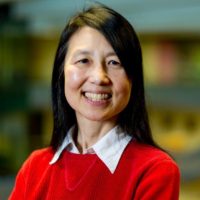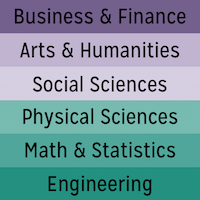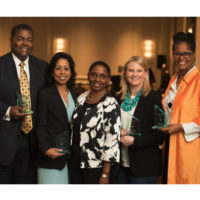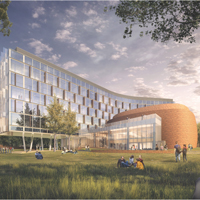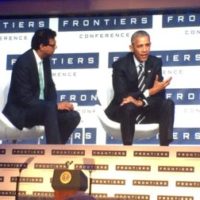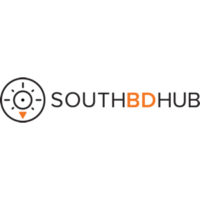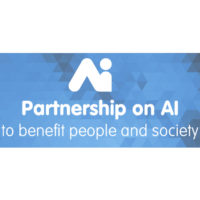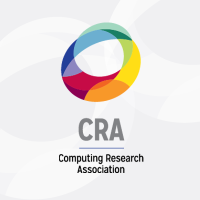Nominations Open for 2017 CRA-E Undergraduate Research Faculty Mentoring Award
Due November 28
Nominees Sought for CRA Board of Directors
Due December 2
Nominations Open for CRA Distinguished Service and A. Nico Habermann Awards
Due December 9
CRA-E Graduate Fellows Program Accepting Applications
Due January 30, 2017
CRA Grad Cohort 2017 Applications Open
Due November 30
CRA-Education to Host Workshop at Supercomputing 2016
“Best Practices in Mentoring Undergraduate Research in Supercomputing”
Are you working on the Taulbee Survey?
The CRA Taulbee Survey is in progress. The deadline for the salary section is November 18 and the deadline for the rest of the survey is January 18, 2017.
If you are the academic unit head of a U.S. or Canadian department granting doctoral degrees in Computer Science, Computer Engineering, and/or Information, you should have received emails about the survey. If you did not, please check with the CRA Director of Statistics, Dr. Betsy Bizot, at bizot@cra.org.
Applications for NCWIT Aspirations in Computing Awards Are Open
Calling all teachers, counselors, administrators, mentors, or other influencers who support high school women’s passion for computing and technology! Applications for the National Center for Women & Information Technology (NCWIT) Aspirations in Computing Educator Award are open through November 28, 2016. Each winner receives $250 in cash and up to $750 for participation in computing-related professional development activities, recognition at a local Affiliate Award event and increased visibility in his or her school district and community, NCWIT resources and promotional items, as well as an engraved award for both the Educator and his or her school. Educators can apply online at http://bit.ly/AiCEdAward no later than 11:59 p.m. EST on November 28, 2016.
Call for ACM Karl V. Karlstrom Outstanding Educator Award Nominations
The Karlstrom Award is presented annually to an outstanding educator who is appointed to a recognized educational baccalaureate institution; recognized for advancing new teaching methodologies; effecting new curriculum development or expansion in computer science and engineering; or making a significant contribution to ACM’s educational mission. Those teachers with ten years or less experience are given special consideration.


